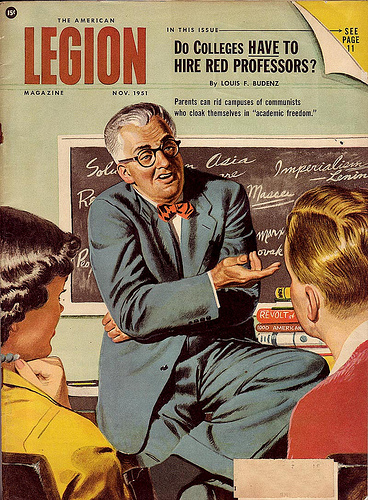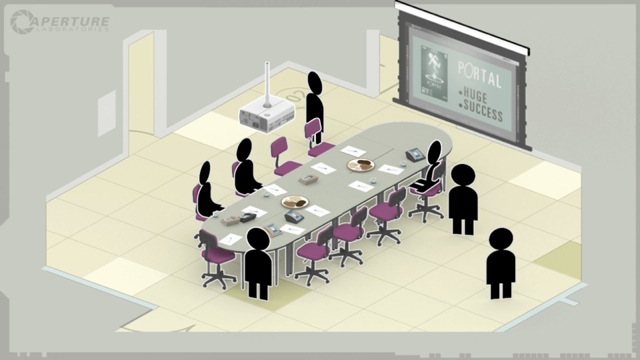Here’s some commentary on the Canadian general election from CT’s good friend up north, Tom Slee.
From Boring to Bizarre: Canada Votes 2011
For the second election in a row, Canada’s trip to the polls has, to use a technical term, gone weird. The big story this time round is the rise of the perennial third- or fourth-place New Democratic Party, making NDP leader Jack Layton the probable leader of the opposition and possibly even Prime Minister – something no one (and I mean NO ONE) would have believed possible three weeks ago. I was reluctant to accept Henry’s invitation to comment here because there are many people who know more about Canadian electoral politics than I do, but as NO ONE else had a clue this was going to happen either, it might as well be me to open the comment thread.
For any of you not completely up to date, here’s what’s been happening (note to self – switch to present tense here for that sports-commentator-like sense of immediacy):
- March 25: Stephen Harper’s minority Conservative government loses a no-confidence vote that found the government in contempt of parliament. (CBC report)
- March 27: The six-week campaign officially opens. The Conservatives attack Liberal leader Michael Ignatieff relentlessly for being too little Canadian (“He didn’t come back for you”) and too much academic (Harvard for God’s sake), but no issue catches fire with the public.
- April 12 and 13: The mid-campaign TV debates are held, one in English and then one in French. The French debate was moved forward a day so as not to clash with a hockey game. There is no big moment, no immediate announcement of a winner.
- Over the next few days, the NDP starts to pick up support from the Bloc Quebecois, despite never having a significant showing in that province.
- Around Easter, the Liberal vote starts to bleed to the NDP and support for the Grits falls from high 20s to low 20s, and all of a sudden the NDP has almost doubled its share from 17% up to about 30%, clearly in second place (see Andrew Heard’s page at Simon Frasier University, or ThreeHundredEight.com). The Google Trends results for the party leaders summarize the campaign as well as anything.
Which all raises two questions. What caused these dramatic shifts? And what happens next?
Causes first. The leaders are all known quantities; the policy platforms are basically the same as in the 2008 and 2006 elections; the Canadian economy was insulated from the worst of the financial collapse by a combination of oil and good fortune in its banking history; no political or economic issue has taken hold during the campaign. What gives?
It may be worth remembering that it’s the second time in a row that a Canadian election has gone from boring to bizarre. Back in 2008 the Liberals called an election and, then as now, everyone knew that the election would conclude with everything looking the same as before. The Bloc Quebecois would hold on to 50 or so seats in Quebec. The Tories, now a wholly-owned subsidiary of the Alberta-based Reform Party, were too socially conservative and too doctrinaire to make a breakthrough in seat-rich Ontario and would be limited to about 100 seats from the western provinces, the Liberals would get pretty much all of Ontario’s 100 seats plus some from the maritimes, and the NDP would stay at 20 or so seats. But Liberal leader Paul Martin stumbled and was labelled as “Mister Dithers”, the label stuck and the Tories took 40 seats in Ontario, enough to form a minority government. Once the Liberals started losing support, everything just went from bad to worse for them.
All I can see is that the self-referential nature of recent campaigns, in which poll results themselves have become the major daily news item, lends itself to wild and unpredictable fluctuations as voters’ opinions are shaped by their perceptions of the trends around the country. The patterns remind me of the Salganik, Dodds, and Watts studies of artifical cultural markets from a few years ago (PDF): social decision making leads to cascade-driven inequalities in outcomes, but the outcome is only obvious once you know the answer.
Despite talk of this being Canada’s first social media campaign, I think it’s uncontroversial to say that social media has had little impact. There has been publicity for student “vote mobs” and some questions about the legality of tweeting on election night (before the polls close in the west), but basically the campaign has been mass-media driven.
And as for what happens next? Well who the hell knows. The big questions are whether the NDP polling results will hold up and, in a country with strong regional distinctions, how the nationwide trends will be reflected at the level of individual ridings. It could be that the NDP surge leads to a majority conservative government, or it could be that an NDP-led coalition of the non-right will end up taking power, or it could be… well what? I look to commenters to tell us.
As for me, for the last few elections I have been actively involved in the local NDP campaign, and in 2008 that ended with the Conservatives winning over the Liberals by 17 votes; the closest race in the country. I have never previously considered tactical voting, but this time I have signed up at Pair Vote as my choice is strongly Anyone But Harper. I’d like to think it’s the right thing to do, but with this campaign, who knows?

